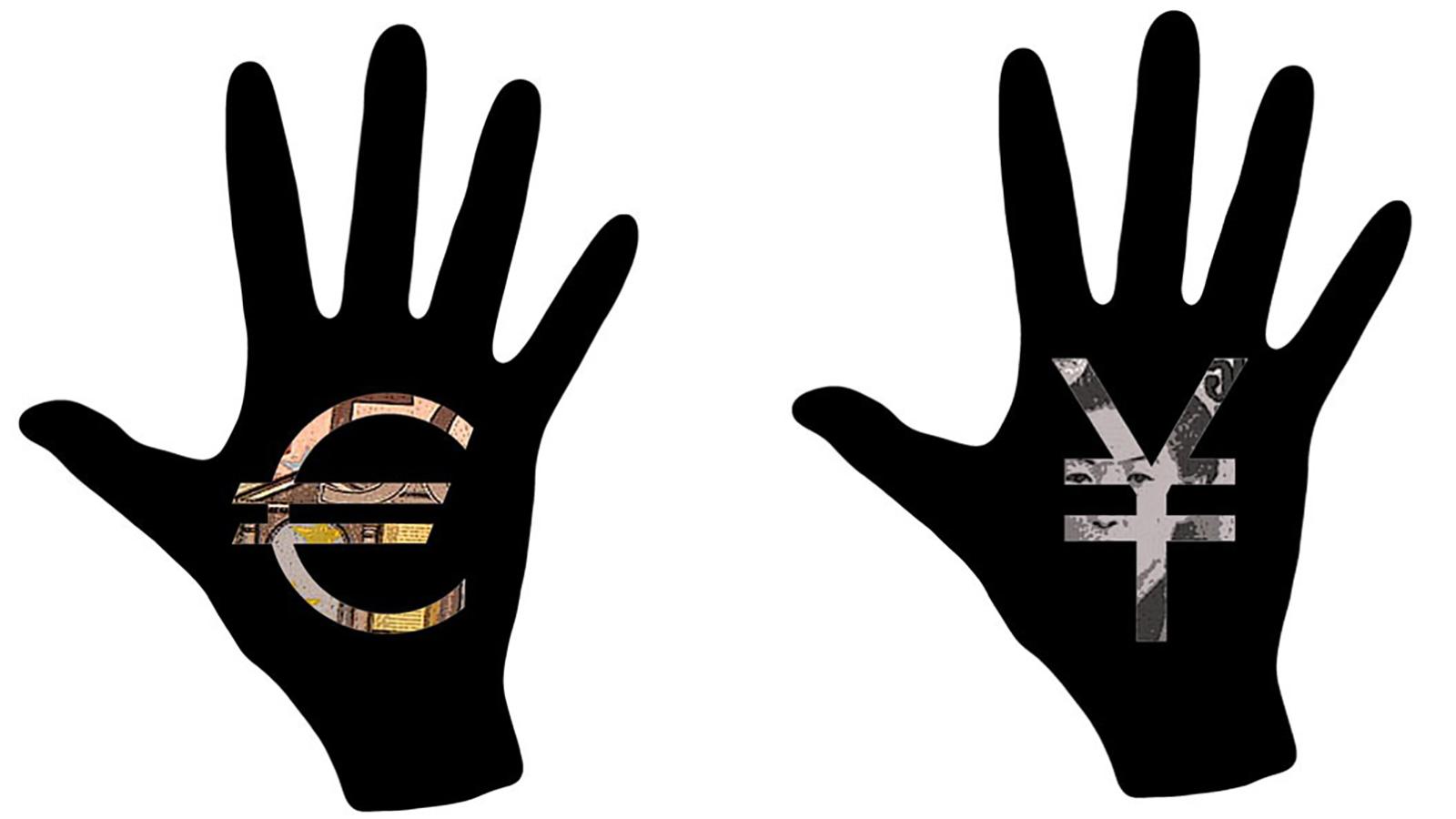
Panel Discussion: EU-Japan Relations
Beyond the Strategic Partnership Agreement
Virtual Livestream from JDZB on Thursday, 26 November 2020, at 9.30 am (CET) / 5.30 pm (JST)
In July 2018, the EU-Japan Strategic Partnership Agreement (SPA) was signed and in February 2019, the EU-Japan Economic Partnership Agreement (EPA) went into force. In times of increasing protectionism and challenges to free trade, the EU and Japan see the SPA and the EPA as key to support a rules-based international trade system with the World Trade Organization (WTO) at the core. At the same time, the SPA and EPA underline shared fundamental values and principles such as the rule of law, a strong commitment to human rights and joint support for the United Nations Sustainable Development Goals (UN SDGs).
This panel discussion intends to evaluate the initial period since the EPA went into force and to analyse the progress of EU-Japan cooperation under the new rules as well as the effects of the SPA and EPA/Free Trade Agreement (FTA) on EU-Japan relations. It brings together academics, government officials and business representatives to discuss the EU-Japan cooperation in the areas of politics, business, trade, energy security and digitalization.
The event will be held in English.
The virtual panel discussion will be streamed from the Japanese-German Center Berlin (JDZB).
For your virtual participation via Zoom please register by returning the requested information by E-Mail to Tatjana WONNEBERG at twonneberg@jdzb.de by 19 November 2020:
Name, Position, Institution, Email:
I consent to the Data Protection Compliance: Please write Yes/No
In case you do not wish to participate actively in this panel discussion, we kindly ask you to watch via the provided livestream on the JDZB YouTube Channel.
26.11.2020
Virtuelles JDZB auf Zoom
Informationen
Veranstaltung auf dem JDZB YouTube-Kanal
Kooperation mit: European Japan Advanced Research Network (EJARN); Stockholm School of Economics (SSE); Freie Universität Berlin (FU)